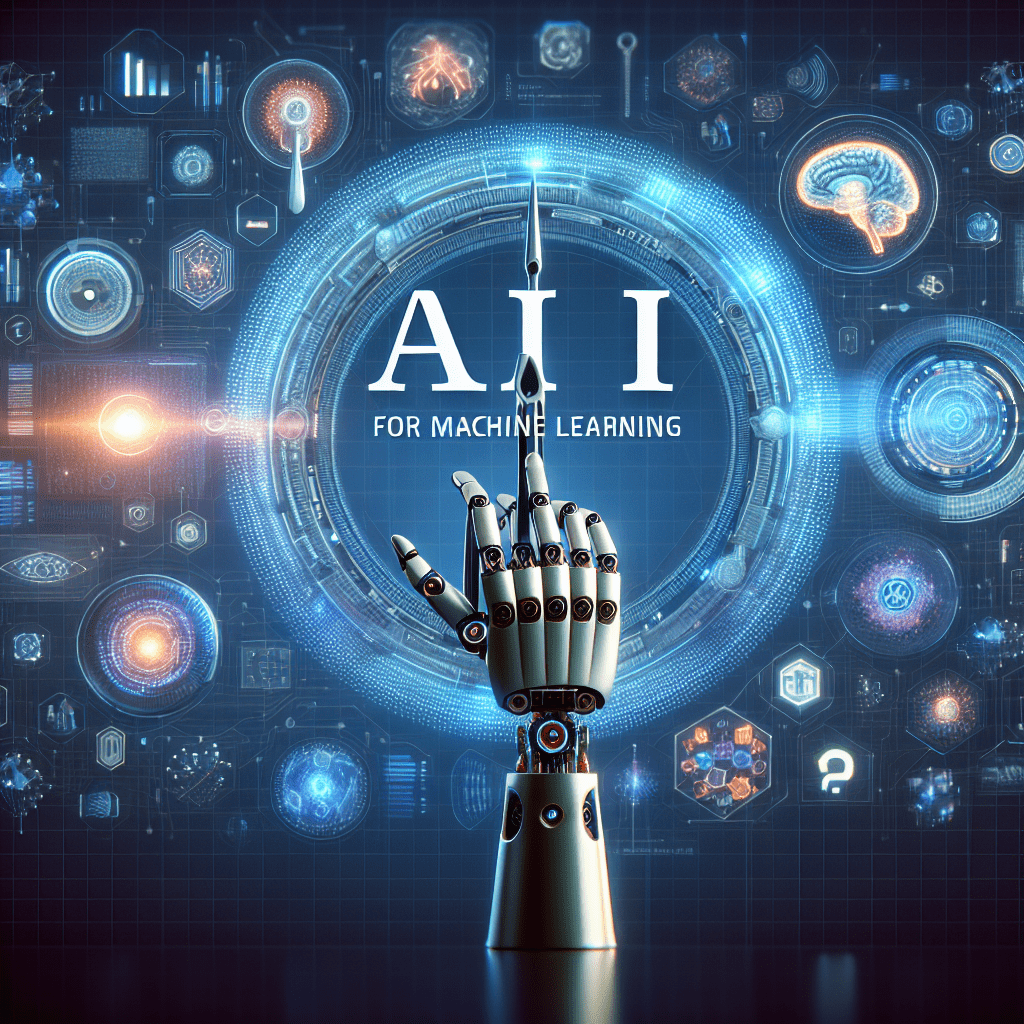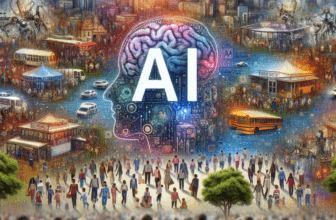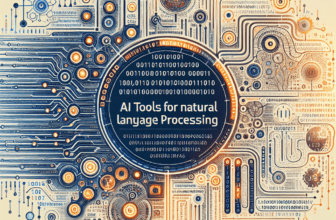
[ad_1]
In the ever-evolving landscape of technology, Artificial Intelligence (AI) and Machine Learning (ML) stand out as two of the most innovative and influential fields. They power everything from search engines and social media platforms to more profound applications like disease prediction and autonomous vehicles. As these technologies continue to grow, so does the array of tools developed to assist data scientists and developers in creating groundbreaking AI solutions. Below, I’ve rounded up the top 15 AI tools that are at the forefront of the machine learning arena.
1. TensorFlow
Developed by researchers and engineers from the Google Brain team, TensorFlow is an open-source platform for ML and neural network research. It is highly versatile and can be used across a range of tasks but has been primarily designed for deep neural network models. TensorFlow supports both desktop and mobile.
2. PyTorch
Developed by Facebook’s AI Research lab, PyTorch offers dynamic computational graphing, a key feature that allows for flexibility in ML model design. It’s particularly favored for applications that require frequent changes to the model, and it is extensively used in academic research.
3. Scikit-Learn
For those starting in the AI world, Scikit-Learn is incredibly user-friendly. This Python-based library provides simple and efficient tools for data mining and data analysis. It is built on NumPy, SciPy, and matplotlib and is considered one of the best libraries for working with complex data.
4. Keras
Keras is a high-level neural networks API that can run on top of TensorFlow, Microsoft Cognitive Toolkit (CNTK), or Theano. Designed to enable fast experimentation with deep neural networks, it is user-friendly, modular, and extendable.
5. Microsoft Azure Machine Learning Studio
Microsoft Azure Machine Learning Studio is a cloud-based platform for building, testing, and deploying ML models. It offers a drag-and-drop interface that can be appealing to new users and supports various libraries and frameworks, including TensorFlow and PyTorch.
6. Google Cloud AI Platform
TensorFlow’s home platform, the Google Cloud AI Platform, facilitates easy deployment of machine learning models at scale. This platform supports numerous ML frameworks and allows data scientists to run their models in the cloud, able to process vast quantities of data.
7. Amazon SageMaker
Amazon SageMaker is a fully managed service that provides every developer and data scientist with the ability to build, train, and deploy machine learning models quickly. Amazon SageMaker includes modules that can be used together or independently to build, train, and deploy your machine learning models.
8. RapidMiner
RapidMiner is a data science software platform that provides an integrated environment for data preparation, machine learning, deep learning, text mining, and predictive analytics. It is particularly favored for its intuitive graphical interface that helps in designing and implementing analytical workflows.
9. IBM Watson
IBM Watson comes with a suite of AI tools and applications designed for enterprises. It’s known for its powerful natural language processing capabilities and is widely used across various industries for tasks like customer service and automated interactions.
10. BigML
Offering a machine learning platform that’s effectively user-friendly, BigML provides a cloud-based GUI environment where you can create and share datasets and models. What sets BigML apart is its ability to automate decision making in real-time based on predictive models.
11. DataRobot
DataRobot offers an enterprise AI platform that automates the end-to-end process for building, deploying, and maintaining artificial intelligence and machine learning models. This platform is especially potent for businesses looking to scale up their AI operations.
12. MATLAB
While primarily a numerical computing environment, MATLAB also features toolbox options specifically designed for AI and machine learning. MATLAB is particularly helpful in processing images, videos, and signals for ML models.
13. H2O.ai
H2O.ai aims to make AI accessible to all. Its platform, H2O, is open-source and utilized for predicting fraud, customer insights, risk analytics, and many other critical business implications. It simplifies the building of smart applications using fast, scalable machine learning.
14. KNIME
KNIME is a free and open-source data analytics, reporting, and integration platform. KNIME is used to create visual workflows through a drag-and-drop interface – a feature that is particularly beneficial to those who are less code-savvy.
15. Jupyter Notebook
Last but not least, Jupyter Notebook is an open-source web application that allows you to create and share documents containing live code, equations, visualizations, and narrative text. Its use spans data cleaning and transformation, numerical simulation, statistical modeling, data visualization, and machine learning.
Conclusion
Whether you are a seasoned data analyst, a budding AI researcher, or a business looking to leverage AI technology, these tools provide a range of functionalities that can cater to a diverse set of needs and skill sets. By harnessing these powerful AI tools for machine learning, innovators across various sectors can solve complex problems, automate tasks, and gather profound insights from vast amounts of data.
Choosing the right tool often depends on the specific needs of the project, including the flexibility required in model design, ease of use, the volume of data processed, and the deployment environment. Each of the tools mentioned above comes with its strengths, making them indispensable in the ever-evolving field of artificial intelligence.
[ad_2]







